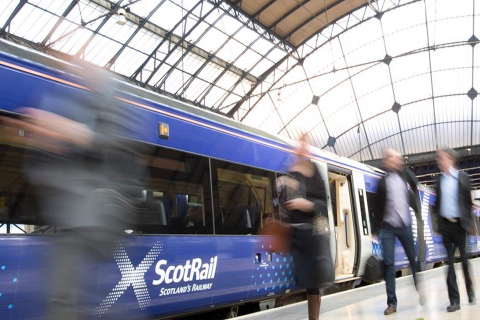Germany’s 9-euro ticket successor clears another hurdle

The German federal government and the federal states have reached an agreement on the outstanding financing issues for the so-called Deutschland ticket, the successor of the widely popular 9-euro ticket. The federal government seated in Berlin will up its financial contribution to the states.
Want to read more?
You have read all of your free premium articles for this month. Please become a subscriber to keep reading.
Subscribe now!
Take advantage of our exclusive offer to get full access to all premium content.





